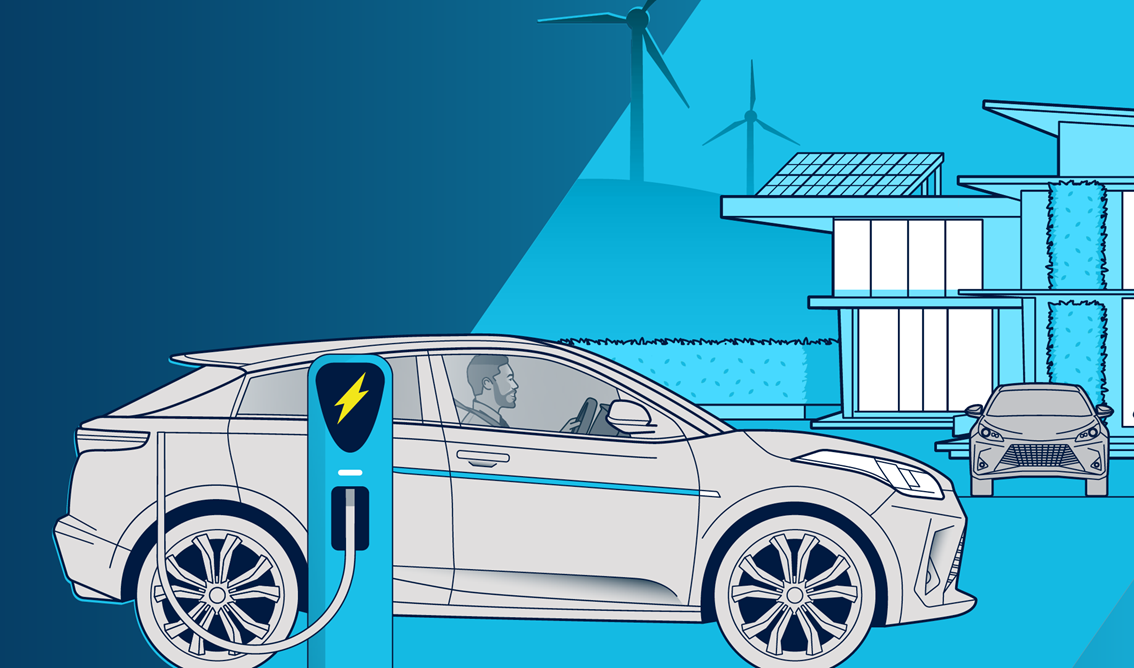
Inchcape has unveiled the findings of Drivers of Change, a global study on consumer sentiment toward personal mobility and consumer readiness for new energy vehicles (NEVs).
This first edition from Inchcape’s Centre for the Future of Mobility delivers actionable insights into how the global mobility transition can only be achieved through a localised approach. Findings show that the transition can be achieved faster, more equitably and more effectively through collaboration among policymakers, OEMs, distributors and the energy industry.
Personal vehicle ownership is increasingly important for economic development and social inclusion, particularly in countries with limited public transport or ride sharing options. Vehicle ownership opens opportunities for education and employment, and connects people to their communities, friends and families. At the same time, tailpipe emissions from road vehicles account for 15% of global greenhouse gas emissions. The industry is embracing this complex challenge of reducing emissions while increasing access to mobility, working to advance sustainable mobility and lower carbon technologies across vehicle categories.
Drawing on surveys conducted across Latin America and Asia-Pacific (APAC) in early 2025 – reaching nearly 6,000 respondents across 13 countries – the study finds that:
- Vehicle ownership is closely tied to improved quality of life, especially in places with limited public transport where it enhances social inclusion, access to services, and personal freedom. In APAC, 71% of respondents say they “can’t live without a car” while in Latin America 91% identified the ability to move freely and according to their own schedule as the main benefit of owning a car.
- Positive sentiment towards NEVs is high, but barriers to adoption remain: Sentiment toward NEVs is broadly positive (above 75%, on average) in APAC and Latin American. However, there is a split between the regions in adoption. The intent to purchase NEVs in Latin America remains modest due to affordability challenges, limited infrastructure and lower awareness of NEV technologies. By contrast, consumers in APAC show higher ownership rates, greater trust and greater readiness – driven by higher familiarity with NEVs and stronger policy support. In APAC, the cost of NEVs is cited as the main barrier for adoption.
- A market-led, localised approach is essential: Achieving an inclusive transition requires a localised approach, and there is no one-size-fits-all solution. These findings reinforce why strategies must be tailored to local realities, considering consumer preferences, infrastructure maturity, policy frameworks and local contexts.
This research marks the first in a series of studies in Inchcape’s Centre for the Future of Mobility, a new knowledge platform dedicated to exploring how mobility transformation can be achieved sustainably, equitably and effectively across the globe. This is in line with Inchcape’s ambition of delivering solutions tailored to the real conditions of the communities we serve, bringing mobility to the world’s communities – for today, for tomorrow and for the better.

